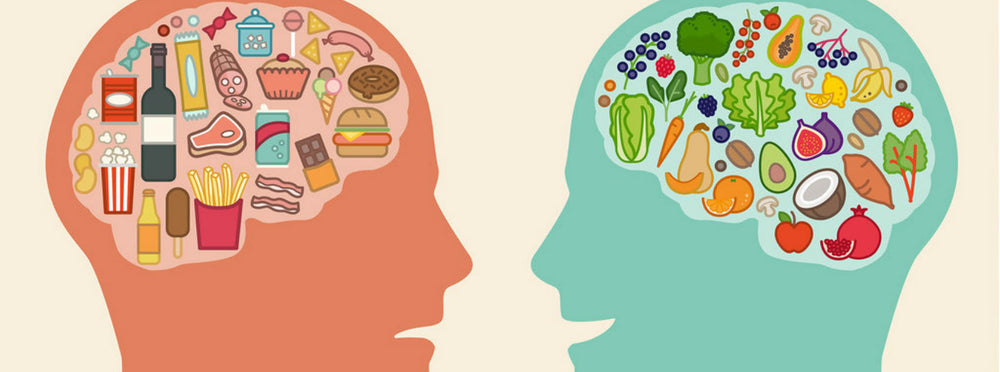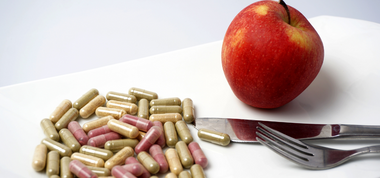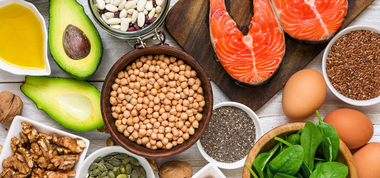Feed your head

Back in February, I authored a blog highlighting the impact of food on mood. So it was with a certain sense of satisfaction that I read an article this week in the Wall Street Journal about the potential of food to impact anxiety and depression.
The piece details the mounting evidence on the role of food in affecting our emotional health and the nutrients that can make a real impact. It’s encouraging to know that mental health practitioners are waking up to the reality that everything we put into our bodies – whether food or drug – has an impact on our WHOLE selves.
This is what has fascinated me about medical care and medical education the longer I’ve been a part of the field: we eat 3 to 4, even 5, times per day every single day. And yet that activity - one that carries such tremendous cumulative effects – has never been a central point of discussion or intervention when it comes to treatment of disease.
Today, it is rare for me to see a patient who is not on an antidepressant. You read that right - and you should find it shocking. And I would tell you this was not the case when I was in medical training over 30 years ago. Part of this is related to evolving understanding around the biochemical basis of emotion and expanded treatment options. But another big part is the progressive devolution of the food environment towards one that unabashedly encourages unhealthy eating.
We fuel our cars better than we fuel our bodies. If your car’s manual calls for premium unleaded gas, that’s what you put in the gas tank. You would never think of driving up to a gas station and putting in diesel. And yet that’s what we do every day when we fuel our bodies. We put in diesel into a machine that requires premium unleaded – and then expect that machine to run flawlessly.
The silver lining is that just as counterproductive eating has negative consequences, improving diet has tremendous potential to yield positive health changes over time. Just as bad is cumulative, good can be cumulative too.
So whenever you have the chance, choose health over disease. It’s the small sustained dietary changes that yield amazing health improvements. It’s not about all good or all bad. It’s about choosing better, even just slightly, every time you possibly can.
Step One is premium unleaded fuel for your body. It’s what we’re supposed to eat. And even though at Step One we’re laser-focused on cholesterol, eating well goes far beyond LDL. Better nutrition is the antidote to more and more medication – regardless of what condition is being treated.

Tested & Proven Results.
- Cardiologist formulated
- Supported by over 500 publications
- Clinically-proven, in a double-blind randomized trial with Mayo Clinic and The University of Manitoba
80% of participants lowered their cholesterol in just 30 days. With just two servings per day, Step One Foods offers a proven-effective way to naturally lower LDL (bad) cholesterol.
Get heart health tips and articles like this, delivered right to your email.
New articles every week.
You may also like...

Supplements for cholesterol lowering? Not so fast.

You don’t need to avoid foods with cholesterol…except for these



